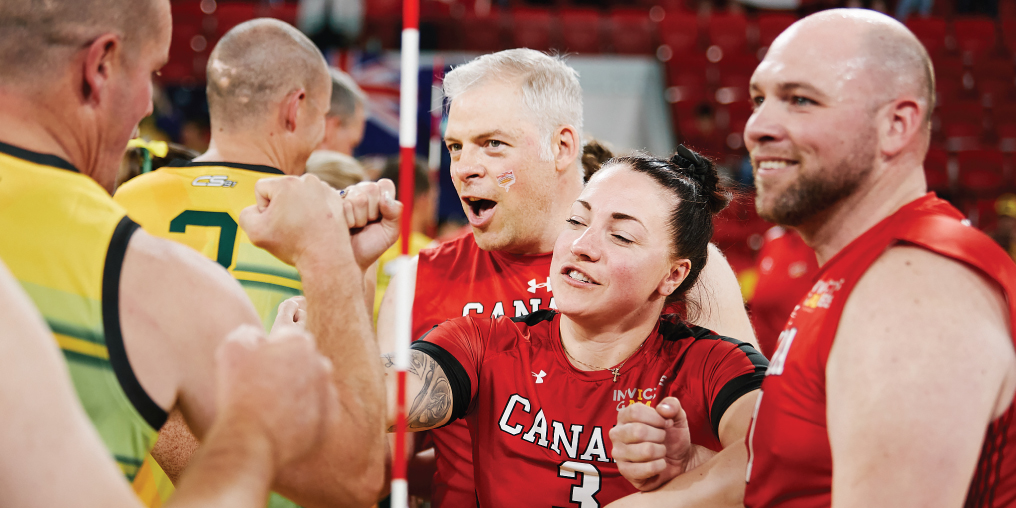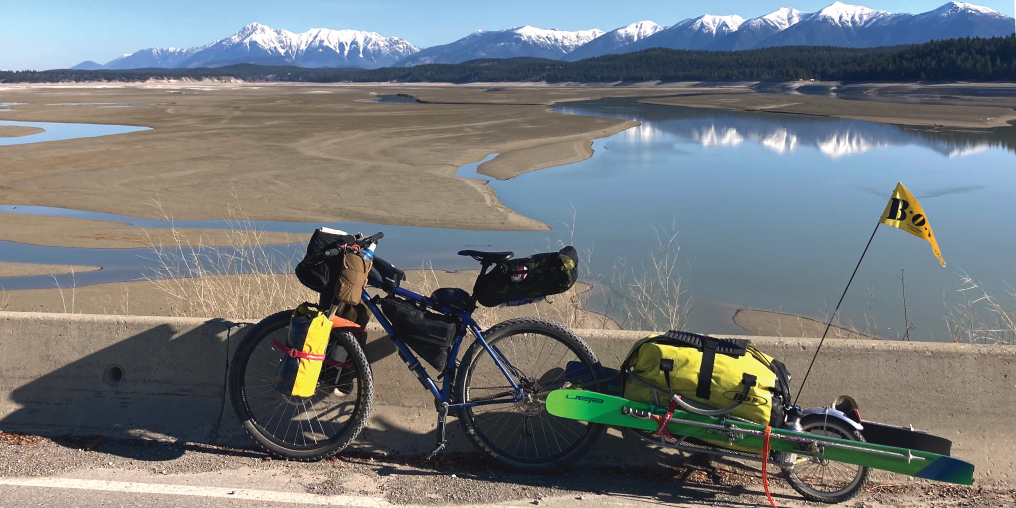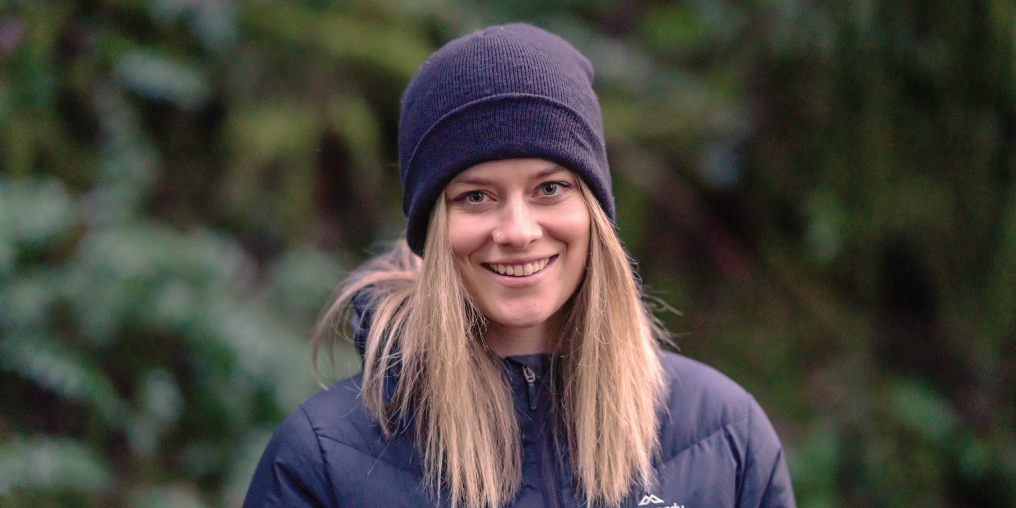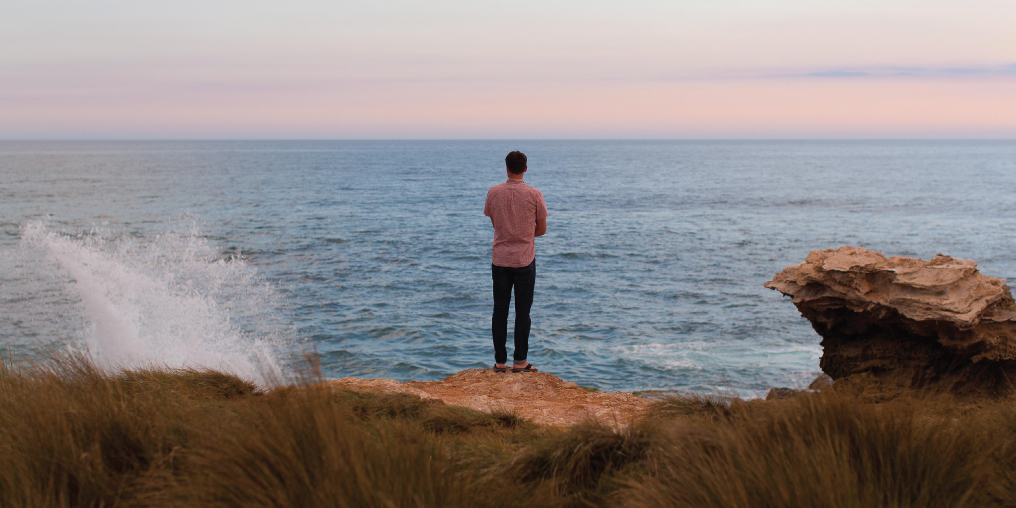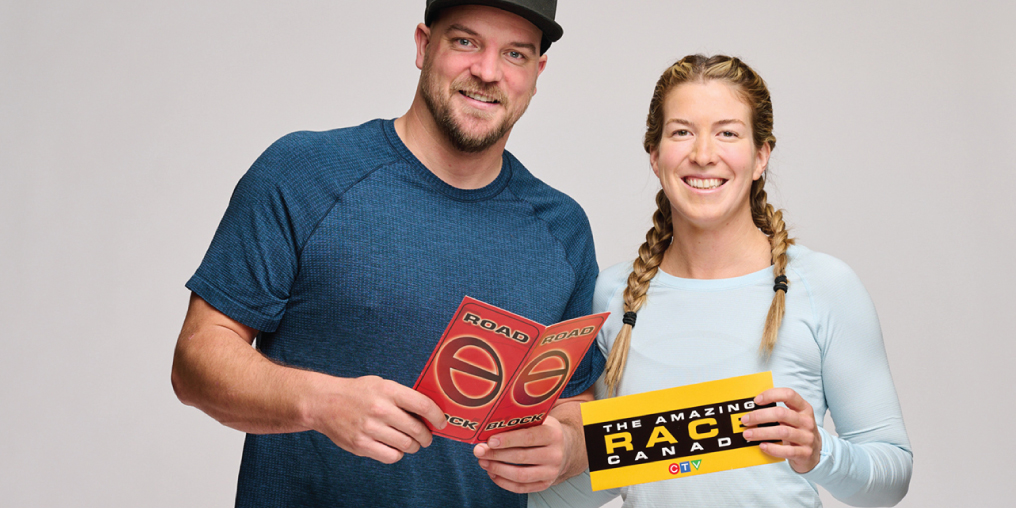In 2017, I attended a Soldier On ski camp at Mount Washington that changed (and maybe even saved) my life.
It set me on a path that would lead to the Invictus Games in The Hague in April 2022. After decades of serving in the Canadian Armed Forces (CAF), and being medically released in 2019, I’d swapped my fatigues for a uniform that said Team Canada.
Prior to being selected, I knew nothing about the Games other than the fact that they’d been founded by the Duke of Sussex (Prince Harry), but I quickly became excited about the challenge I’d signed up for.
Every year, Soldier On offers dozens of opportunities to participate in sport, recreational, and creative activities as part of their recovery. The ski camp I attended was part of this program.
I signed up for the camp during a time when I was struggling with my health after multiple tours in Afghanistan and other high-stress deployments. I had some continuing health issues that I had mistakenly thought I could deal with by ignoring them.
Midway through the ski camp week, I came home, and my kids greeted me on our front stairs. My son said, “Hey Dad, you should ski all the time! You’re smiling!” adding that I never smiled or seemed happy anymore. His offhand comment deeply affected me. I decided I needed to get serious about my health and seek help.
Applying for the Invictus team seemed like a good way to start making some of those life changes. I applied on a whim, but I was thrilled when the selection email arrived: I was one of 32 team members chosen from several hundred applicants. We would compete in the Hague in April 2020.
I was invited to pick a few individual sports and a team sport. While initially I wanted to do everything, I eventually settled on rowing and cycling; I could train almost year-round for those in our moderate climate. For my team event, I chose seated volleyball.
My first training camp—at CFB Valcartier in September 2019—was a rude awakening. I realized if I was going to wear the Team Canada uniform and represent my CAF peers at this prestigious event, I needed to get myself as mentally and physically fit as I could.
At the camp, we created daily training plans to follow; set ourselves measurable goals; and began to make healthy, long-term dietary changes. In February 2020, a training camp with the US Marine Corps in San Diego allowed us to have some fun and practice our sports before the Games.
Of course, COVID-19 was about to change everything. And, like everyone else, I didn’t go anywhere in April 2020, or for a long time afterward. The games were delayed until 2021, then 2022. Throughout the pandemic, I suffered from back pain that prevented me from training regularly, and, in December 2021, I underwent surgery.
By the time I was able to ease back onto the bike and rower, I had about three months to get ready for The Hague. It was not ideal, but I was determined to give it my best shot.
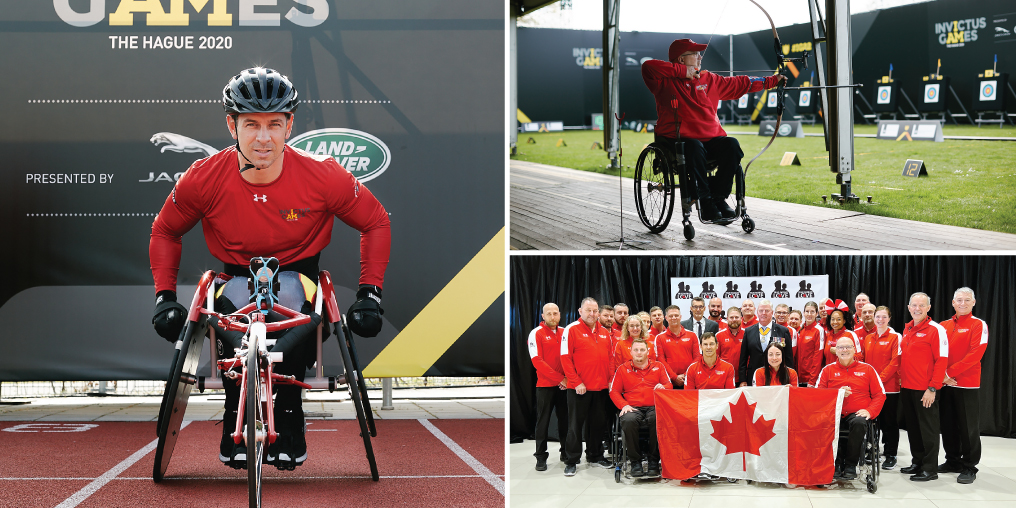
When my family and I arrived in the Netherlands before the Games kicked off, we knew immediately we were in for a special event. There were IG22 signs everywhere; volunteers met us at the airport to guide and help us; and the Dutch were ready for us in all respects. I was about to spend a week with 17 nations, 500 competitors, 1500 friends and family, and 3000 volunteers—it was going to be like nothing I had ever experienced.
In our seated volleyball tournament, we Canadians were demolished by the European teams that practice weekly. (Because of geography, our team hadn’t been able to train together more than a handful of times.)
Next, I completed my rowing competitions, but I felt off: unfortunately, COVID-19 had caught me. I spent the second half of the Games quarantined in my hotel.
Despite this early end, it was an amazing experience. It’s hard to feel sorry for yourself when surrounded by inspiring teammates, or members of partner militaries, who have overcome their own health, illness, adversity, and personal challenges to get to the Games. A touching example was the Ukrainian team, whose warriors talked about the loss of four of their teammates in previous weeks, and how vital it was for them to attend the Games despite the atrocities of war back in their homeland.
It was the most welcoming and non-judgmental series of events I have ever had the pleasure of being a part of.
On the lighter side, we were treated to a wonderful breakfast with Princess Margriet of the Netherlands and the Duke and Duchess of Sussex (aka Harry and Meghan). We got to celebrate international differences and similarities through sporting battles and socializing with friends and colleagues. We even got to tour around and sightsee in The Hague—a place where there are more bikes than humans!
Using sports and competition for recovery and rehabilitation makes intuitive sense, but experiencing it at the 2022 Invictus Games was powerful. Competing in a veteran-friendly event, setting goals to reach for, and contributing to a new mission—all this had a powerful positive effect on Team Canada’s well-being.
We may not have won too many medals in the team events, but we had an absolute blast, and our supporters could be heard cheering the loudest despite our lack of sporting prowess.
The words “thank you” don’t seem quite enough to express my deep gratitude for the work that goes on behind the scenes, the generosity of the sponsors, and the support of my family, who have always been my biggest and loudest cheering section.
Over the course of the whole experience, I’ve felt joy, anticipation, anxiety, frustration, and many more emotions. Above all has been the exhilaration of rediscovering sport and competing again to demonstrate my own unconquered spirit.
If you are a CAF member, whatever your career was, physical fitness was always a part of the routine. Your mind and body will thank you if you maintain some level of fitness after your military career. Look at joining Soldier On to attend one of the many events available. Who knows? You could be lucky enough to get on a future Team Canada Invictus Games list.
ABOUT THE INVICTUS GAMES
The Invictus Games is an international competition for wounded, injured, and sick service personnel. Canada’s participation in the event is organized by Soldier On, a recovery program for current and former CAF members who have become injured or ill while serving.
The Latin word invictus means unconquered; the Prince’s goal for the Invictus Games was to “harness the power of sport to inspire recovery, support rehabilitation and generate a wider understanding and respect for those who serve their country.”
Participants compete in a variety of adaptive events, including archery, athletics, cycling, indoor rowing, powerlifting, seated volleyball, swimming, wheelchair basketball, wheelchair rugby, and the Jaguar Land Rover Driving Challenge. The first Games, held in London in September 2014, hosted more than 400 competitors from 13 countries.
Canada has participated in every Invictus Games since the start. Members of Team Canada are selected “based on who could most benefit from the experience, ensuring representation of all ill and injured demographics of both serving Canadian Armed Forces members and veterans.”
Unlike the Olympics, there’s no official medal count for these Games, but it’s very much a competition: bronze, silver, and gold medals are handed out in each event.

